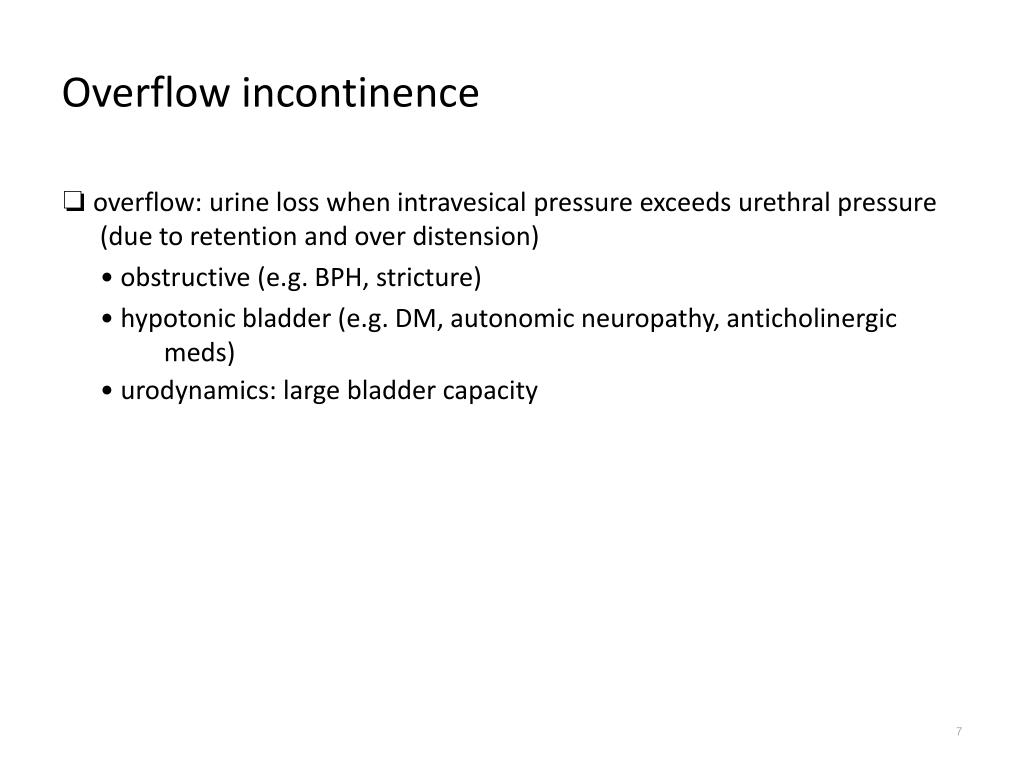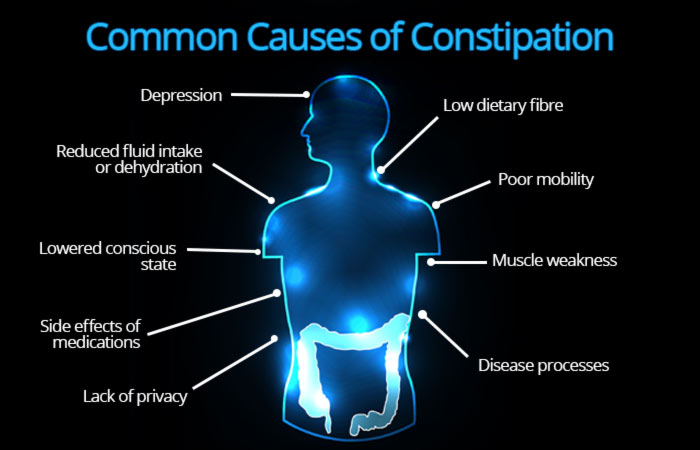

If the person is suffering from urinary incontinence, it may appear to be counter-intuitive to drink more fluids but over time the bladder will adapt to the correct volume and less concentrated urine will cause less bladder irritation and cut the risk of bladder infections. It is best to limit or avoid caffeine, fizzy drinks and alcohol as these can irritate the bladder. It is important that the person concerned eats a healthy, balanced diet with plenty of fibre and consumes enough fluid (ideally water and around 6-8 glasses a day) in order to regulate the bowel and keep stools at the right consistency and avoid constipation. CONSERVATIVE TREATMENTS Diet And LifestyleĪ patient’s diet can be adjusted in order to keep the bladder and bowel as healthy as possible. Some of the below methods are used to help treat incontinence. Only around 15% of stroke patients will still have continence issues a year on from their stroke. There is plenty that can be done to help improve incontinence in stroke patients.
Constipation overflow incontinence professional#
Urinary incontinence such as frequency, urgency and stress incontinence – certain medications used to treat stroke can affect this so it’s always worth asking your health professional if medication can be adjusted.Difficulty communicating – they may not be able to tell someone that they need the toilet.Being less mobile or certain types of medication may cause constipation, which can lead to overflow incontinence if the bowel becomes impacted.A stroke may have damaged part of the brain that controls the bladder or bowel or may have affected a person’s dexterity making it difficult for them to remove clothing in time.Reflex incontinence – The person may not be fully conscious or aware of their surroundings and may wet or soil themselves without realising.Below are some of the reasons why incontinence happens Stroke patients can suffer from both bladder and bowel incontinence. Why Might A Person Who’s Suffered A Stroke Become Incontinent?Īround half of stroke patients will suffer from some form of incontinence, for many this is temporary whilst the brain injury heals. Speech problems – can the person speak clearly and understand what you are saying? Is their speech slurred?.

Arm weakness – can the person raise both arms and keep them there?.Facial weakness – can the person smile, have any of the facial muscles dropped on the one side?.

If symptoms can be recognised and treated quickly, then the patient is more likely to survive or make a recovery. Strokes happen very suddenly but there are some key symptoms that you can look out for. Many strokes happen because the arteries become hardened over time, your lifestyle, certain medical conditions and age can cause your arteries to harden and narrow. A stroke occurs when the blood supply to the brain is cut off, this can be caused by either a blockage in the brain or a bleed in or around the brain.


 0 kommentar(er)
0 kommentar(er)
